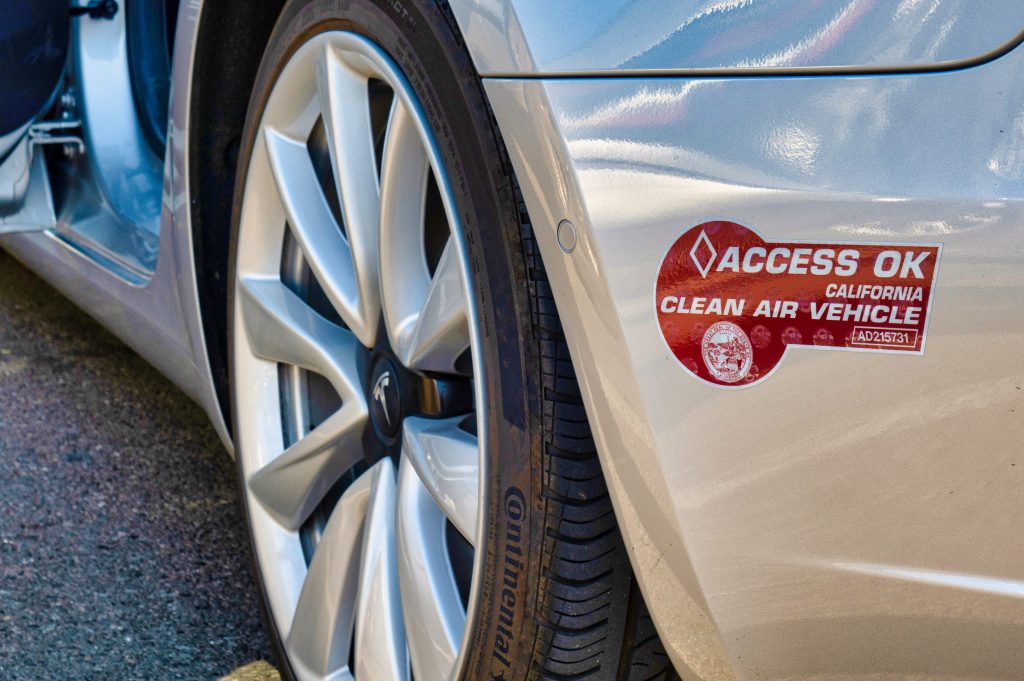The California Air Resources Board (CARB) has published seven pages of FAQs on California’s corporate greenhouse gas reporting and climate-related financial risk disclosure programs. These disclosure requirements are contained in California Health and Safety Code Sections 38532 and 38533, which are still more commonly referred to by their bill numbers,
The
Register for free to keep reading
To continue reading this article and unlock full access to GRIP, register now. You’ll enjoy free access to all content until our subscription service launches in early 2026.
- Unlimited access to industry insights
- Stay on top of key rules and regulatory changes with our Rules Navigator
- Ad-free experience with no distractions
- Regular podcasts from trusted external experts
- Fresh compliance and regulatory content every day












